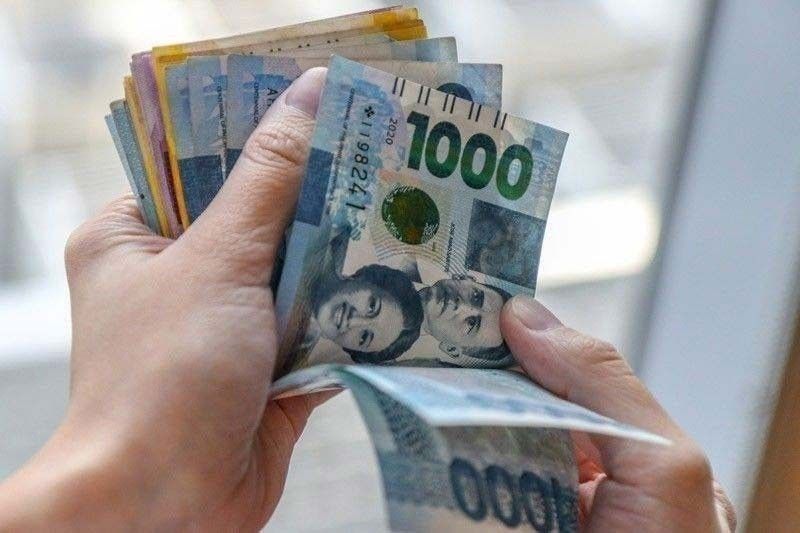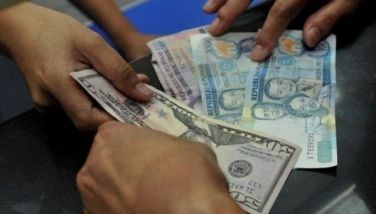MSME loans hit P461 billion in 1st half

MANILA, Philippines — Loans disbursed by banks operating in the country to micro, small, and medium enterprises (MSMEs) rose by three percent to P461.39 billion in the first half from P447.7 billion in the same period last year, but remained below the mandated threshold.
Data from the Bangko Sentral ng Pilipinas (BSP) showed the banking sector’s overall compliance ratio of 4.71 percent as of end-June was well below the required 10 percent under Republic Act 6977 as amended by RA 8289 and RA 9501 otherwise known as the Magna Carta for SMEs.
The law mandates banks to earmark eight percent of their total loan portfolio for micro and small enterprises and two percent for medium enterprises.
The industry’s total loan book net of exclusions grew by 11.1 percent P9.79 trillion in the first half from P8.81 trillion in the same period last year. This means allocations for the MSME sector should have reached P979.67 billion.
The BSP data showed that Philippine banks’ disbursements to micro and small enterprises went up by 8.4 percent to P189.08 billion from P174.36 billion. The amount remained short of the mandated P783.74 billion or eight percent as it only accounted for a 1.93 percent compliance.
Likewise, funds allocated to medium enterprises remained almost unchanged at P272.31 billion from P273.34, but exceeded the required P195.93 billion. This translated to a compliance ratio of 2.78 percent, higher than the mandated two percent.
MSMEs play an important role in the economy, accounting for 99.5 percent of the total establishments and 62.8 percent of the total labor force. The sector also contributes 35.7 percent of the total value added to the Philippine economy.
However, MSMEs are unable to reach their full potential because of difficulty of credit and financial access especially during the height of the pandemic.
As part of its heavy lifting to cushion the impact of the global health crisis on the economy, the BSP adopted regulatory relief measures to reduce the financial burden on MSMEs.
Aside from the temporary relaxation in the assigned credit risk weight for MSME lending in the computation of risk-based capital adequacy framework to 50 percent from 75 percent, the BSP also approved the inclusion of MSME loans in of the banks’ compliance with reserve requirement ratios (RRR) to ensure adequate liquidity and credit in the financial system.
However, the regulator has withdrawn all relief measures as the economy has fully reopened with the lifting of strict COVID-19 quarantine and lockdown protocols.
The unwinding of the COVID-19 relief measure coincided with the reduction in the reserve requirement ratios on June 30 to facilitate the transition, supporting the banks’ continued compliance with the RRR and managing friction costs related to the policy adjustment.
Last year, the Philippine banking system allocated an average of P263.1 billion loans to MSMEs for compliance with the RRR. This was equivalent to 15.9 percent of the required reserves.
Likewise, loans of banks to large enterprises used as compliance with the RRR amounted to P72.9 billion or 4.4 percent of the total required reserves for the same period.
Both figures disbursed as of end-December were still within the caps imposed by the regulator, P300 billion for MSMEs and P425 billion for large companies.
On June 30, the BSP delivered a major reduction in the level of deposit banks are required to keep with the central bank to single-digit levels. It slashed the RRR for universal and commercial banks as well as non-bank financial institutions with quasi-banking functions by 250 basis points to 9.5 percent from the current level of 12 percent.
The RRR for digital banks was slashed by 200 basis points to six percent from eight percent, while the RRR for mid-sized or thrift banks as well as rural and cooperative banks were lowered by 100 basis points to two percent and one percent, respectively.
- Latest
- Trending




























